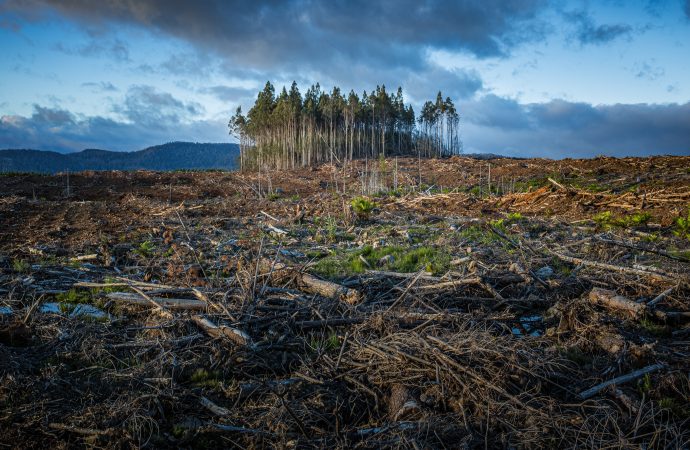Climate change is one of the most pressing issues of our time, and technology has a crucial role to play in addressing it. From renewable energy to sustainable agriculture, here are some of the latest innovations and developments in technology that are helping to fight climate change. Renewable Energy One of the main contributors to
Climate change is one of the most pressing issues of our time, and technology has a crucial role to play in addressing it. From renewable energy to sustainable agriculture, here are some of the latest innovations and developments in technology that are helping to fight climate change.
Renewable Energy
One of the main contributors to climate change is the burning of fossil fuels, which release carbon dioxide into the atmosphere. Renewable energy sources, such as solar, wind, and hydropower, offer a cleaner alternative. In recent years, the cost of renewable energy has decreased, making it increasingly competitive with fossil fuels. In fact, according to a report by the International Renewable Energy Agency, renewable energy is now the cheapest source of electricity in most parts of the world.
In addition to solar, wind, and hydropower, there are also emerging technologies that show promise for the future. For example, scientists are exploring the use of geothermal energy, which harnesses the heat from the Earth’s core to generate electricity. There is also research being done on tidal power, which uses the power of ocean tides to generate electricity.
Sustainable Agriculture
Agriculture is another industry that contributes to climate change, primarily through the production of greenhouse gases such as methane and nitrous oxide. However, there are a number of technologies and practices that can help to mitigate these emissions and promote sustainable agriculture.
One approach is the use of precision agriculture, which uses data and technology to optimize crop yields while minimizing environmental impact. This can include using drones and sensors to monitor crop health and soil moisture, as well as using precision irrigation systems to reduce water usage.
Another promising approach is regenerative agriculture, which focuses on rebuilding soil health and biodiversity. This can involve practices such as cover cropping, crop rotation, and the use of natural fertilizers and pest control methods.
Innovative Solutions
There are also a number of innovative solutions being developed to address climate change. For example, scientists are exploring the use of carbon capture and storage technology, which captures carbon dioxide emissions from power plants and other industrial sources and stores them underground.
There are also companies working on developing lab-grown meat and plant-based alternatives to animal products, which could help to reduce emissions from the livestock industry. And there are even efforts underway to create artificial trees that can absorb carbon dioxide from the air.
Conclusion
Technology alone cannot solve the problem of climate change, but it has an important role to play. By investing in and developing sustainable energy and agriculture technologies, we can reduce our greenhouse gas emissions and work towards a more sustainable future. It is up to all of us, from individuals to governments and corporations, to support and implement these technologies to help combat climate change.

















Leave a Comment
Your email address will not be published. Required fields are marked with *